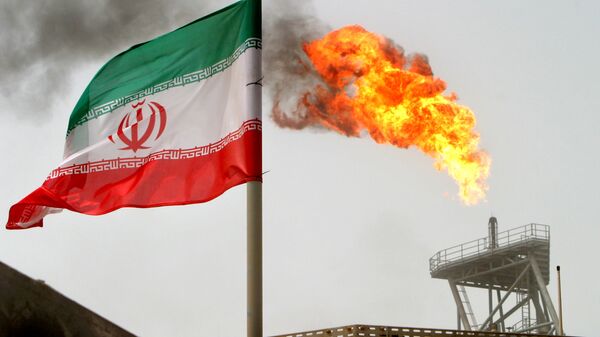A diplomatic source for Britain has said that the British government's position on Iran is unlikely to change despite a planned meeting between new UK Prime Minister Boris Johnson and US President Donald Trump at the G7 over the weekend, as reported by Reuters.
Speaking ahead of the summit between the big seven powers, the diplomat said that the UK government believes that the existing nuclear arrangement established in 2015 is the best way to ensure Iran does not get nuclear weapons.
"We are strong supporters of the Joint Comprehensive Plan of Action (JCPOA) We think that it is very important that Iran doesn't get the nuclear weapons."
The source added that the PM would listen to the US position, however the UK's stance would not see any radical amendments.
He also reiterated that it was essential that Iran fully complied with the accord.
Since the election of Donald Trump to president in 2016, the new administration has opposed the Iran nuclear deal, a significant policy break from the preceding Obama administration, on the basis that it was unfair to the US and does not prevent Iran from developing nuclear weapons.
The US pulled out of the agreement in May 2018 claiming that there was "definitive proof that this Iranian promise was a lie."
Withdrawing from the agreement was met with dismay from the other signatories to the deal, including the US's own European allies.
The European Union and its participant member states all continue to consider the agreement as the best way forward and declared that Iran was fully compliant with the agreement.
Frayed Relations
Since the US's withdrawal, tensions between Iran, the US and UK have enflamed, seeing Iran begin to enrich uranium beyond previous regulations as well as a mysterious attack on Japanese vessels near Iran, an event which US Secretary of State Mike Pompeo blames on the Iranian government.
Iran has rejected the accusations and has seemingly been met with support from the owner of the Japanese tanker, who claims that Iran was not involved in the strike.
Relations between the UK and Iran have also withered following the seizure of an Iranian vessel off of the coast of Gibraltar by the UK.
The ship was caught on the accusation that the ship was in breach of EU oil sanctions on Syria, which Tehran has rejected while denying that the ship was destined for Syria.
The Spanish government, who also claims sovereignty over Gibraltar, has said that the UK was acting on behalf of US orders.
In response, Iran also seized a British-flagged tanker in the Gulf.
This incident, coupled with the ascension of Boris Johnson - who has a close relationship with Trump and is seemingly eager to implement the UK's vote to leave the EU on 31 October - may be an indication of the UK shifting further towards the US's line on Iran.
There has been a consistent trend of the US attempting to bring the UK to heel, at least in foreign policy, in recent months, including threatening to scupper a post-Brexit UK-US trade deal if it allows Chinese tech-giant Huawei into its new 5G infrastructure.
The Iranian ship has been released however, to the frustration of the US, which demanded that the Greek government not allow the vessel to refuel in Greece.
The gesture has been met with information reportedly given to the Swedish government that Iran is willing to reciprocate and release the captured British-flagged vessel.




